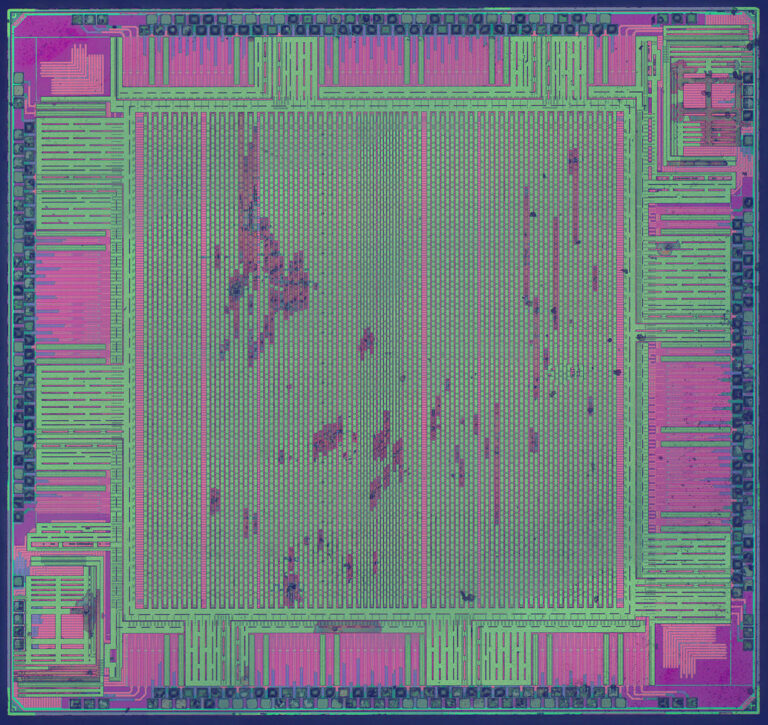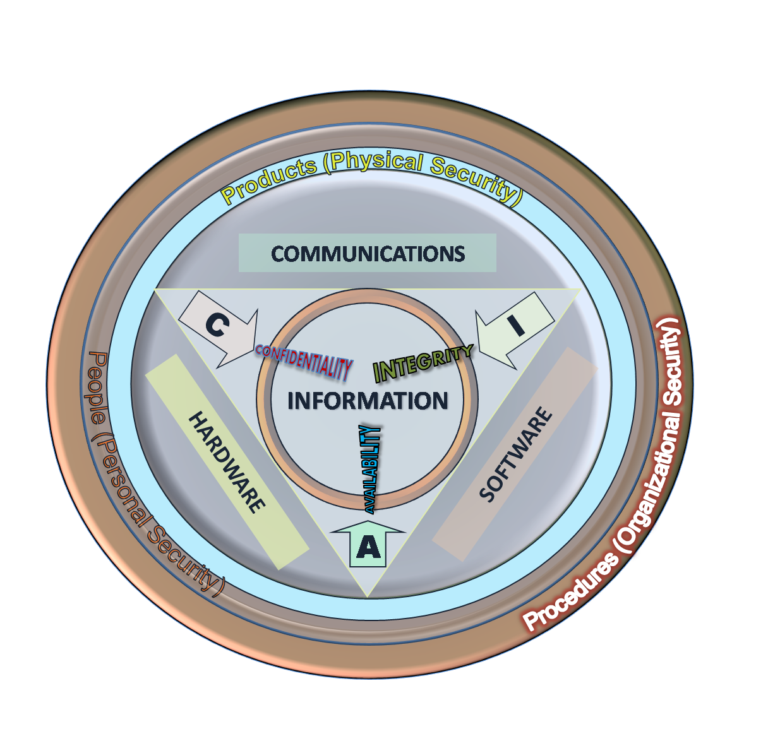
Pure Accelerate Live Blog – Day 2
We’re back for another big keynote at Pure Accelerate. Join Stephen Foskett for the entire event, starting at 9am PDT.

We’re back for another big keynote at Pure Accelerate. Join Stephen Foskett for the entire event, starting at 9am PDT.

Stephen Foskett is live blogging from the Pure Accelerate keynote. Check it out and share your thoughts on all the announcements! The keynote starts at 8:30am Pacific.

We recorded a great interview with Patric Palm of Favro and decided to put it in the podcast feed as a bonus episode. Enjoy!

HPE announced plans to acquire Plexxi. Since then, we’ve learned they’ll roll the assets into the HCI and Composable Infrastructure solutions. It’s an interesting move and shows HPE isn’t content with their previous HCI acquisitions.

Can you generate real random numbers with a Raspberry Pi? Johannes Weber investigates in this piece.

Is the GPU stranglehold on AI workloads about to be disrupted by FPGAs and ASICs?

This week on IT Origins, we had the privilege speak to Patric Palm, the Co-Founder and CEO of Favro. We discussed how he started the company, his previous startup efforts, the importance of adaptability, and his background in organization and process.

Confidentiality, integrity, and availability are the traditional needs that need to be balanced in security according to business need. But Ben Tomhave argues that with the advent of the cloud, availability is often assumed to be at near 100% all the time, and has subsequently moved to a purely operation consideration. It’s an interested dissection of this infosec staple.

The Gestalt IT Rundown is back to get you caught up on the IT week that was. Tom Hollingsworth and Rich Stroffolino break down HPE’s Plexxi acquisition, the new EasyMesh standard, and PGP exploits.

The Premise: The efficiencies of network engineering will decimate engineering jobs.
The panel debates if this is true. They look at if this will happen across the board, if engineers will just become programmers going forward, or if automation will actually benefit network engineers down the road. And if automation does eliminate all these jobs, does it then become a pernicious form of support lock-in?